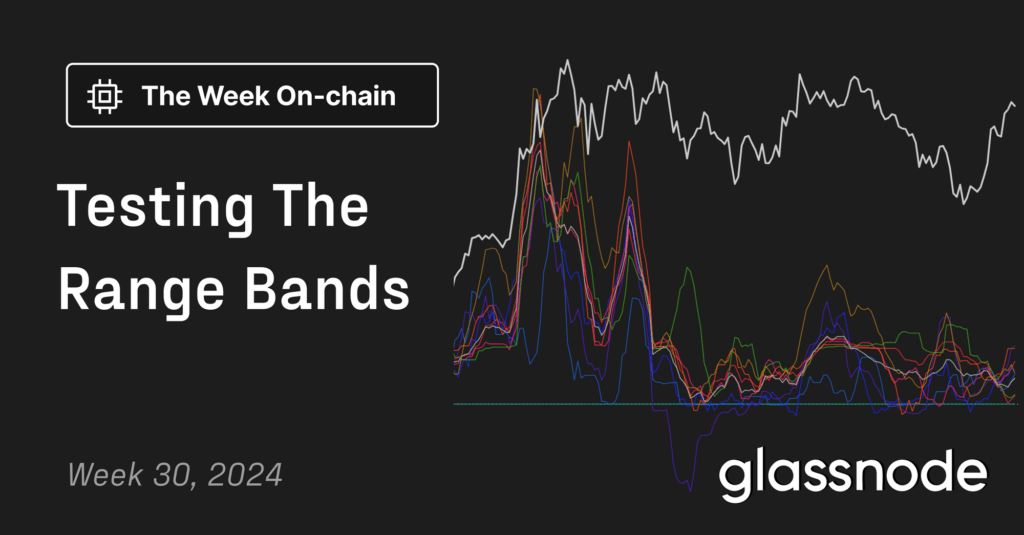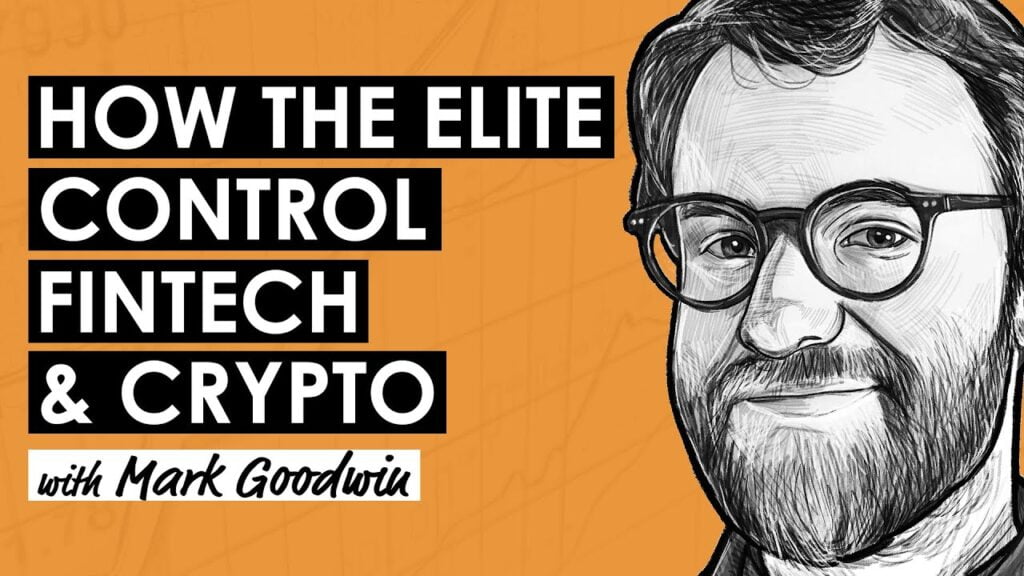Podcast Summary
This episode features investigative journalist and author, Byron Tau, discussing the US surveillance state and the erosion of digital privacy. The conversation delves into the economics of data collection, the role of data brokers, and the legal protections in place for citizens’ privacy. The podcast also explores the implications of government surveillance on civil liberties and the potential role of cryptocurrencies in protecting digital privacy.
Key Takeaways
The Economics of Data Collection
- Cost Reduction: The cost of data collection has significantly reduced, making it easier for corporations and governments to amass vast amounts of data. This has led to a thriving data market where data brokers sell information to corporations and governments, including foreign countries.
- Commercially Available Data: The traditional notion of limiting government power through court oversight and search warrants is being challenged due to the availability of commercially available data. Governments can now acquire large amounts of data without the need for search warrants or subpoenas.
Understanding Surveillance Systems
- Metadata vs. Content: The distinction between content and metadata is crucial in understanding privacy protections. While content refers to the actual message or data being transmitted, metadata includes information about the communication, such as sender and recipient details. Governments can obtain metadata more easily, while accessing content requires additional legal procedures.
- Surveillance “Sudoku Puzzle”: The increasing number of devices and the data they generate have expanded the surface area for governments to fill out their surveillance “Sudoku puzzle” using metadata.
Government Access to Data
- Data Brokers: Governments can purchase data from data brokers, allowing them to obtain extensive information about individuals without having to collect it themselves. This practice raises civil rights and civil liberties issues.
- Total Information Awareness: The concept of “total information awareness” is introduced, which was a research program aimed at connecting various data sources to identify patterns and indicators of potential terrorist attacks.
Financial Surveillance and Cryptocurrencies
- Financial Surveillance: The podcast touches on financial surveillance and how it is a top concern for the crypto community. Cash provided privacy and peer-to-peer transactions, but digital money lacks the same privacy protections.
- Cryptocurrencies: Cryptocurrencies, like encryption, may play a role in protecting digital privacy. However, the blockchain itself is not completely private, and transaction activities can be traced on a public ledger.
Future of Privacy Rights
- Erosion of Privacy: Modern-day internet and technology have eroded privacy, as individuals cannot fully participate in society without giving up their privacy. The future of privacy rights is uncertain, but it depends on societal pushback and the choices made by individuals, companies, and governments.
- Role of Encryption: The crypto community advocates for encryption as a means to protect civil liberties and data privacy. Encryption is a powerful defensive tool that gives maximum power to the defender, making it difficult for even the NSA to hack or brute force attack strongly encrypted data.
Sentiment Analysis
- Bearish: The podcast presents a bearish sentiment towards the current state of digital privacy. The increasing power of governments and corporations in collecting and using personal data, the erosion of traditional privacy protections, and the lack of comprehensive privacy laws contribute to this sentiment.
- Neutral: While the podcast acknowledges the potential benefits of data collection, such as informing life or death targeting decisions in the military and intelligence community, it maintains a neutral stance on the overall benefits of data collection due to the associated privacy concerns.











